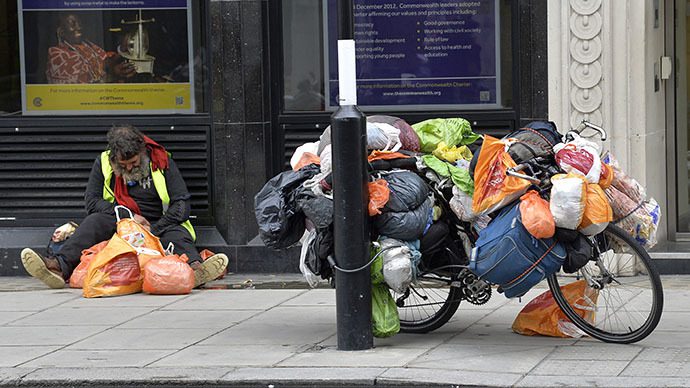Despite an ageing population, the social care sector is rapidly decreasing, with figures released in 2017 suggesting that as many as 49 percent of frontline care jobs have vanished since 2011. Sharon Wilde urged the need for a “clear, coherent” strategy for funding social care in order to help reverse “acute” levels of staff shortages. A Local Government Association spokesperson called on the government to “address the immediate pressures impacting on the system today.” A report, for Different Truths.
Hundreds of thousands of people are “trapped” in debt and facing legal trouble because they cannot afford to pay for social care, research by the GMB union has found. The report, which is based on freedom of information requests submitted to local authorities by the union, reveals that at least 166,835 people are in arrears on their social care payments.
Councils have initiated debt management procedures against more than 78,000 people for non-payment and nearly 1,200 people have already been taken to court. The union believes that the true figure is likely to be much higher, as some authorities did not respond.
GMB national officer Sharon Wilde said that these figures highlight how the “ticking time bomb” in social care cuts has now “blown a gaping hole” in the financial management of thousands of working-class families. She said: “The fact more than 1,000 people have been taken to court because they’re unable to pay for their own care or that of their loved ones shows the system just isn’t working.”
Despite an ageing population, the social care sector is rapidly decreasing, with figures released in 2017 suggesting that as many as 49 percent of frontline care jobs have vanished since 2011. Wilde urged the need for a “clear, coherent” strategy for funding social care in order to help reverse “acute” levels of staff shortages. A Local Government Association spokesperson called on the government to “address the immediate pressures impacting on the system today.”
The GMB study further shows that the cost of renting a two-bedroom flat in London has soared by more than a quarter from 2011 to 2017, while average monthly earnings rose by only 9 percent. The study showed that average monthly rent in the capital now stands at £1,500.
According to the union, rent across England increased by 18.2 percent between 2011 and 2017, with the average two-bedroom flat costing £650 a month. However, the rent rise across London was vastly disproportionate to the rest of the country, standing at approximately 26 percent. In Greenwich, the London borough where rent has gone up the most, it increased by 50 percent to an average £1,350 a month, while the wages of locals have risen by 7.2 percent. Other figures are startling. In Lambeth, where average wages have risen by 0.8 percent, rent has risen by nearly a third.
GMB London regional secretary Warren Kenny said that, since it appeared that high rents were “here to stay,” employers must accept the inevitability of paying “much higher wages” to help workers keep up with rent. “If employers don’t respond with the higher pay they will face staff shortages as workers, especially younger people, are priced out of the housing market,” he said.
“It makes little sense for these workers to spend a full week at work only to pay most of their earnings in rents. “There is no alternative to higher wages to pay these higher rents, plus a step change in building homes at reasonable rents.”
Morning Star Reporting Team
©IPA Service
Photo from the Internet





 By
By

 By
By
 By
By